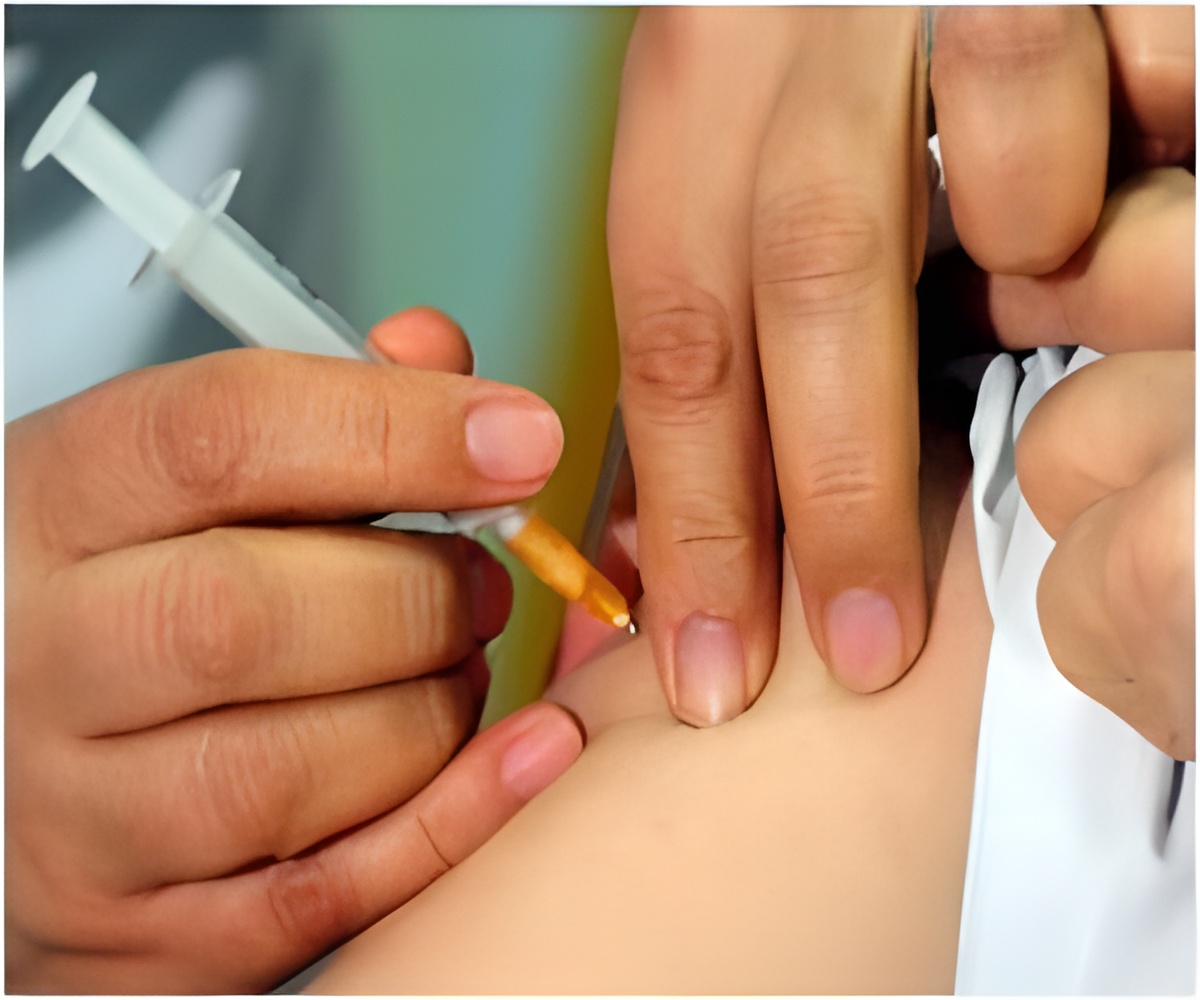Research reveals worldwide data on vaccine acceptance among pregnant women and mothers.

According to the study, India, the Philippines, and all sampled countries in Latin America had the highest vaccine acceptance rate, while Russia, the U.S., and Australia had the lowest.
Julia Wu, team leader and senior author, conducted an online survey administered by the Pregistry website between late October and mid-November 2020 to assess pregnant women and mothers' stance on the COVID-19 vaccine.
Around 18,000 responses were obtained from 16 countries about a hypothetical safe and free COVID-19 vaccine with 90% efficacy.
Results showed that 52% of pregnant women and 73% of non-pregnant women said they would get vaccinated, and 69% of all women surveyed said they would vaccinate their children.
The acceptance rate was over 60% in India, the Philippines, and Latin American countries for pregnant women, over 78% for non-pregnant women for themselves, and over 75% for mothers who would vaccinate their children.
Advertisement
The participants were surveyed on various topics related to vaccinations and COVID-19. Confidence in COVID-19 vaccine safety or effectiveness, compliance with mask guidelines, worry about COVID-19, vaccine importance in their country, trust in public health agencies and health sciences, and attitudes towards routine vaccines were the strongest predictors of COVID-19 vaccine acceptance.
Advertisement
"Our study confirmed that COVID-19 vaccine hesitancy is multifaceted. The perceived threat of COVID-19, level of trust in public health agencies, and existing pre-COVID 19 vaccine attitudes play key roles in shaping vaccine acceptance and confidence. Vaccination campaigns should be tailored to alleviate these specific concerns," comments Wu.
Source-Medindia















